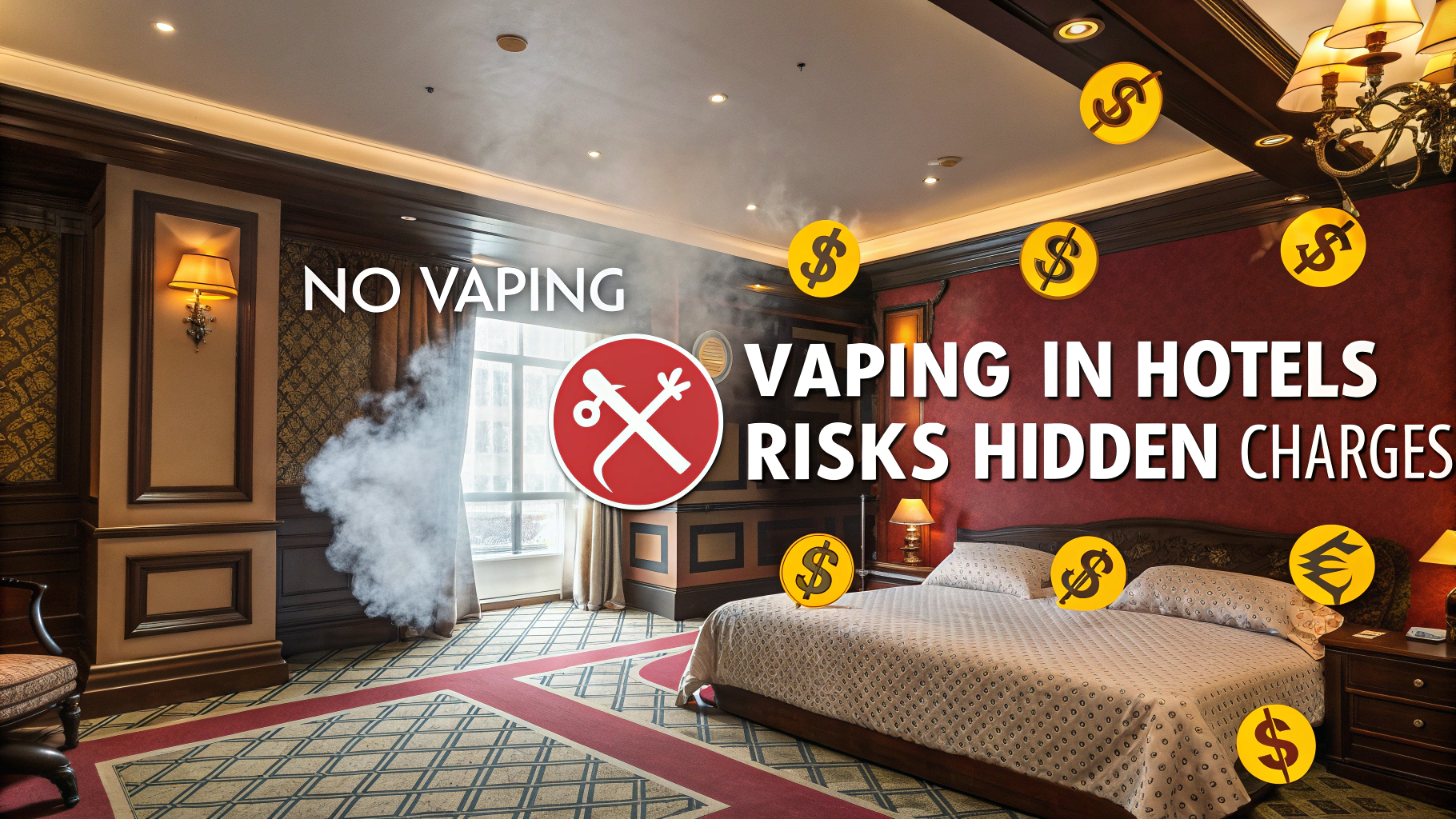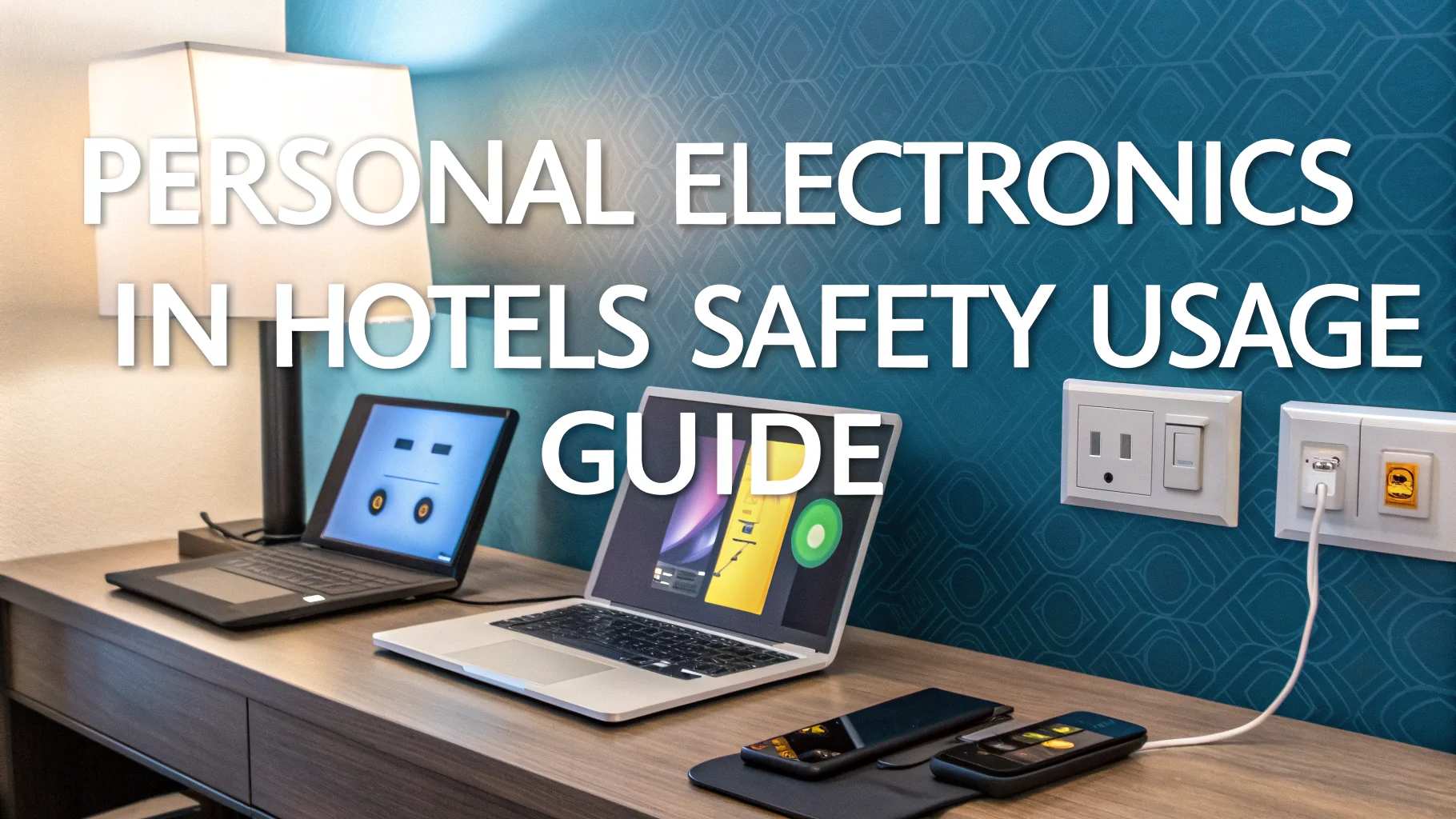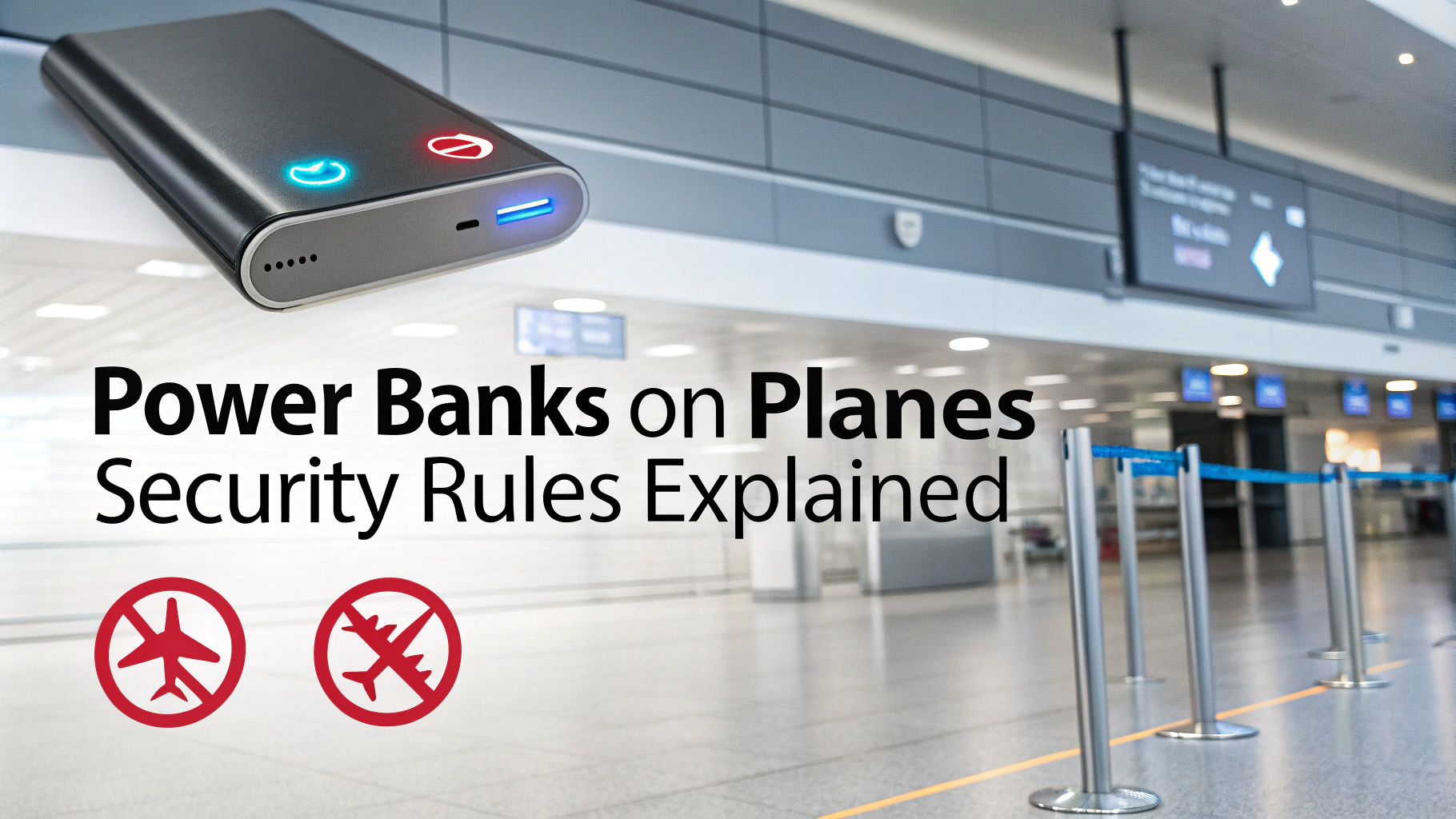Deciding between a travel planner and booking things yourself depends on several key factors including your travel style, budget, and how much time you can dedicate to planning.
When to Choose a Travel Agent
Travel agents excel at handling complex itineraries with multiple destinations or large group bookings.
- Access to exclusive deals and packages not available to the public
- Time-saving for busy professionals
- Emergency support during your trip
- Expert advice for unfamiliar destinations
- Helpful for complex visa requirements
When to Plan Your Own Travel
Self-planning works well for simple trips and travelers who enjoy researching destinations.
- Complete control over all booking decisions
- No service fees
- Flexibility to change plans easily
- Direct communication with hotels and services
- Better for last-minute bookings
Cost Comparison
| Service | Travel Agent | Self-Planning |
|---|---|---|
| Booking Fees | $25-$100 per ticket | None |
| Planning Time | 2-3 hours | 8-15 hours |
Quick Decision Guide
Choose a travel agent if:
- Planning a honeymoon or special occasion trip
- Booking group travel for 10+ people
- Visiting multiple countries in one trip
- Traveling to remote or unfamiliar destinations
Plan it yourself if:
- Booking a weekend getaway
- Traveling to familiar destinations
- Working with a tight budget
- Enjoying the planning process
Finding a Reliable Travel Agent
Look for agents certified by the American Society of Travel Advisors (ASTA) or Certified Travel Associate (CTA) credentials.
Contact these trusted organizations to find certified travel agents:
- ASTA: www.asta.org – (800) 275-2782
- Virtuoso: www.virtuoso.com – (866) 401-6762
- Travel Leaders: www.travelleaders.com – (877) 404-4173
Online Booking Tools for Self-Planners
- Google Flights – for flight comparison
- Booking.com – accommodations
- TripIt – itinerary organization
- Rome2Rio – transportation planning
- GetYourGuide – activities and tours
Remember to always read reviews and compare prices across multiple platforms before making final booking decisions.
Travel Insurance Considerations
Insurance needs differ between self-planned trips and agent-booked travel.
- Travel agents often include basic insurance packages
- Self-planners must research and purchase separate coverage
- Compare multiple insurance providers for best rates
- Consider coverage for cancellations, medical emergencies, and lost luggage
Payment and Budgeting Tips
Travel Agent Bookings
- Payment plans often available
- Deposits required for package deals
- Credit card protection through agency
- Clear breakdown of all fees upfront
Self-Planned Travel
- Direct payment to service providers
- Price tracking for better deals
- Loyalty program benefits
- More control over payment timing
Documentation Requirements
Keep essential travel documents organized regardless of booking method:
- Passport and visa copies
- Booking confirmations
- Insurance policies
- Emergency contacts
- Vaccination records when required
Conclusion
The choice between using a travel agent or self-planning depends on your specific needs, destination complexity, and available time. Travel agents provide valuable expertise for complex trips and special occasions, while self-planning offers more control and potential cost savings for simpler journeys. Consider your travel style, budget constraints, and comfort level with travel planning when making your decision.
Regardless of choice, ensure proper research, documentation, and insurance coverage for a smooth travel experience. Stay flexible and maintain backup plans for either booking method.
FAQs
- What’s the main difference between a travel planner and a travel agent?
A travel agent primarily books and sells travel products like flights and hotels, while a travel planner offers comprehensive trip planning services, including customized itineraries, unique experiences, and personalized recommendations. - Which option is more cost-effective?
Travel agents often don’t charge direct fees as they earn commissions from suppliers, while travel planners typically charge planning fees but may save you money through their industry connections and expertise in finding deals. - When should I choose a travel planner over a travel agent?
Choose a travel planner for complex itineraries, luxury trips, unique destinations, or when you need extensive customization and personal attention. They’re ideal for travelers who want a tailored experience rather than standard vacation packages. - Are travel agents becoming obsolete with online booking platforms?
No, travel agents remain valuable for their industry relationships, access to exclusive deals, and ability to handle complications. They offer time-saving solutions and often have access to rates not available to the public. - What credentials should I look for in a travel professional?
Look for certifications from recognized organizations like ASTA (American Society of Travel Advisors), CLIA (Cruise Lines International Association), or destination specialization certificates. Experience and client testimonials are also important. - How far in advance should I contact a travel planner or agent?
For complex trips or peak season travel, contact them 6-12 months in advance. For simpler trips, 3-6 months is usually sufficient. Last-minute assistance is possible but may limit options and increase costs. - What services are typically included in a travel planner’s fee?
Services usually include itinerary design, booking accommodations and activities, restaurant recommendations, transportation arrangements, and 24/7 support during your trip. Some also provide destination guides and travel tips. - Can travel agents or planners get better deals than booking online myself?
Yes, they often have access to special rates, upgrades, and perks through their professional networks and partnerships. They can also monitor prices and secure better deals when they become available. - What happens if something goes wrong during my trip?
Both travel agents and planners provide support for travel disruptions, helping with flight cancellations, booking changes, and emergency situations. They act as advocates with travel suppliers on your behalf. - How do I verify the legitimacy of a travel agent or planner?
Check their ASTA membership, professional affiliations, online reviews, and ask for references. Verify their business registration and ensure they have proper insurance and bonding if required in their jurisdiction.








